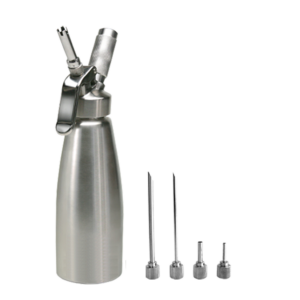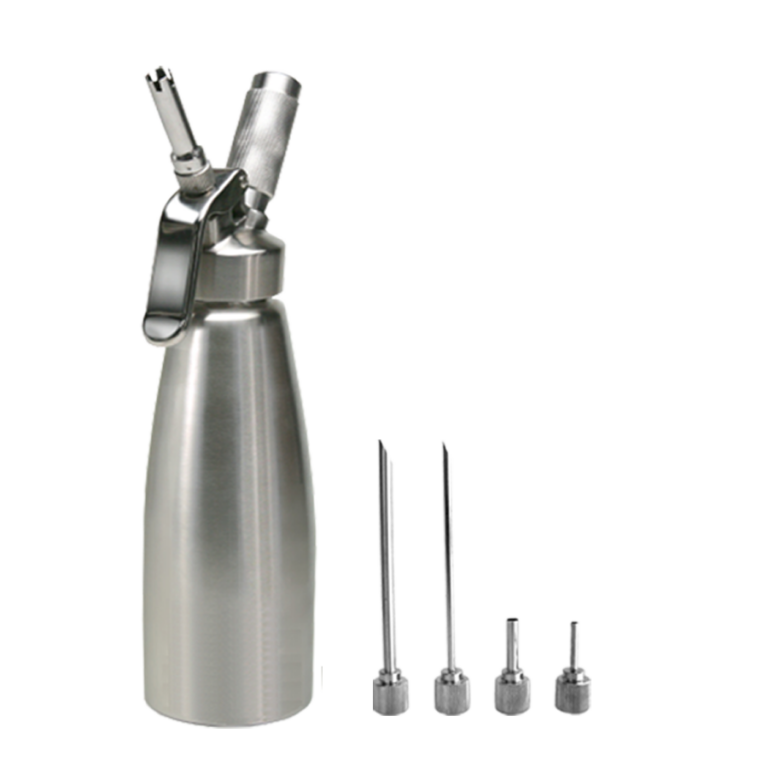Efficient mainframe functions rely on cautious tuning. When working with cobol programming, small changes can yield enormous velocity positive aspects and decrease useful resource usage. Optimizing statistics access, lowering I/O overhead, and refining algorithm common sense all make contributions to leaner, faster-running code. Applying excellent practices early in improvement prevents luxurious bottlenecks and continues batch and on-line methods responsive below heavy loads.
Optimizing Data File Access
Minimizing disk reads and writes is necessary for performance:
- Use listed archives when familiar file lookups are needed
- Buffer sequential documents to limit bodily I/O operations
- Consolidate more than one small reads into large block reads
- Close archives right now when no longer in use
By tuning file organisation and buffering, you can scale back runtime for data-intensive programs.
Streamlining Working-Storage Usage

Efficient reminiscence use prevents paging and cuts CPU wait times:
- Limit giant tables in working-storage pass hardly ever used tables to auxiliary storage
- Define records objects at their minimal required measurement (e.g., PIC 9(4) as a substitute of 9(9))
- Reuse fields when feasible to minimize the average information footprint
- Align records on herbal boundaries to keep away from misaligned fetch penalties
A lean working-storage part ability fewer web page faults and higher cache utilization.
Refining Loop and Search Logic
Logical glide manipulate frequently hides hidden inefficiencies. By enhancing loops and searches, you can raise throughput in cobol programming routines:
- Replace linear searches with listed or binary search techniques
- Unrest deeply nested loops the place feasible or spoil them into smaller modules
- Use PERFORM … UNTIL with clear exit prerequisites to keep away from useless iterations
- Leverage SEARCH ALL for sorted tables to gain from compiler optimizations
Well-structured loops and searches reduce CPU cycles and limit runtime.
Reducing Conditional Overhead
Every conditional test provides execution cost. Streamline decision-making paths:
- Combine associated IF statements into EVALUATE (CASE) constructs
- Remove redundant situation tests by way of restructuring code flow
- Use inline arithmetic alternatively of COMPUTE when making use of easy calculations
- Disable debugging or tracing flags in manufacturing builds
Performance tuning in COBOL is an aggregate of considerate design, disciplined coding practices, and clever use of compiler features. By optimizing file access, managing working-storage efficiently, refining algorithm logic, decreasing conditional overhead, and leveraging compiler options, you can gain faster, greater dependable applications. Regular profiling and benchmarking make certain that every exchange can provide actual advantages and maintains your structures walking easily below developing workloads. Implement these hints early and regularly to hold height overall performance in your COBOL applications.










